Light is many things. It is bright. It can be extinguished or lit. It lets us take in visuals that are hidden around us. It helps us see and can bring us strength within ourselves. This past year has been a challenging year for the entire world — one compared to darkness — when we’ve had to work extra hard to bring in light.
In the last year we have been through a global pandemic, prejudice and hate crimes that continue to keep us fighting for safety, attacks on Jews in various parts of the world, the death of 45 Jewish individuals on Lag B’Omer in Meron, the death of two Jews and the injury of many more at tisch just outside Yerushalayim on Erev Shavuot, and thousands of rocket attacks on Israel. There is much negativity in the air.
This year we have seen sickness. We have seen death. We have seen violence. We have seen hate. We have also seen a drastic shift in our society. We have been quarantined in our homes for months at a time. We have been afraid to leave — scared to go to the grocery store, the gym or to our places of employment. We have not been able to see our friends and families and have had to rely on screens to connect with others.
Each and every day we have to remember to add a mask to our wardrobe. Children have lost over a year of true education and have had very little growth in their social-emotional development. We have lost a lot, and at times, it has felt as if the “darkness” would never go away.
“At times, it has felt as if the darkness would never go away.”
As a kindergarten teacher, I experienced tremendous anxiety when I learned this past summer that my school was planning to return fully in person for the 2020-2021 school year. We still knew so little about this pandemic, and I was terrified to enter school and be expected to trust over 200 families’ COVID-safety practices. It brought about so many questions for me personally and professionally, while also compromising my values as a person and as an educator.
After six months at home, children would be entering school again for the first time in person, masked all day, and expected to stay six feet apart at all times at their own desks. As teachers, we were expected to package up toys and materials in individual bags for children, because rather than learning the importance of “sharing” in kindergarten, children were now being taught that they must have their own materials — or they could get sick from a virus.
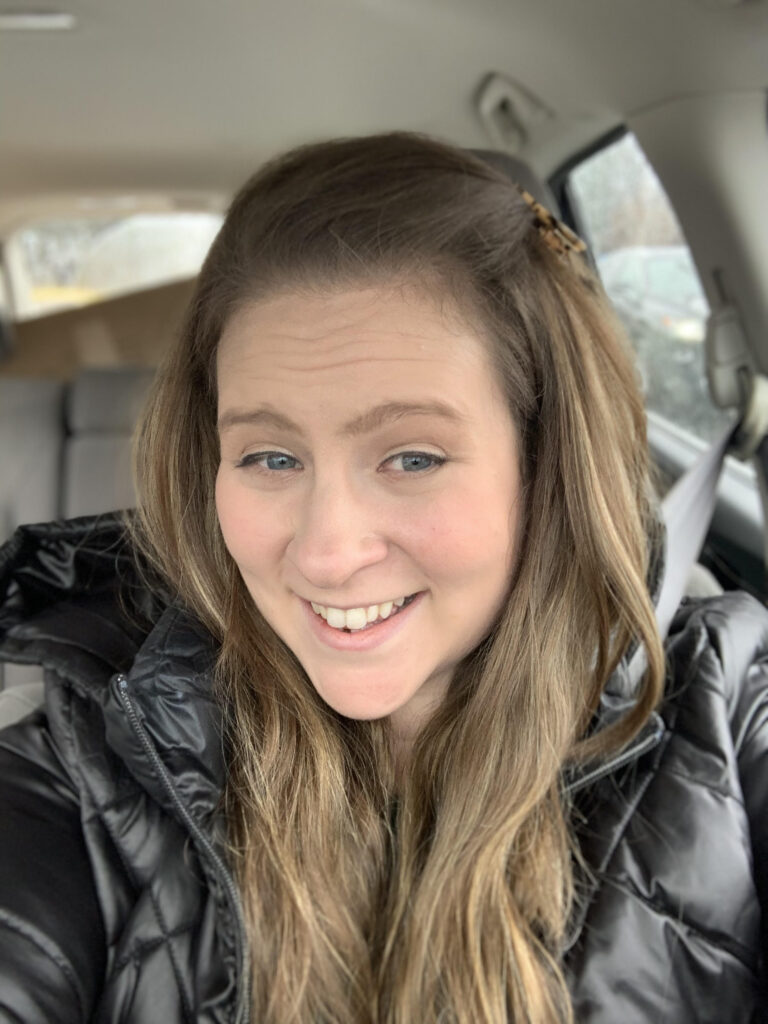
Teachers were expected to rotate and clean materials between uses. We were expected to mask up for eight hours a day, read books, sing and teach while barely being able to breathe. Teachers in many schools were expected to teach young children virtually from home eight hours a day or teach children in person, while simultaneously teaching children learning remotely, and that brought about its own struggles.
Being an early childhood educator who focuses on meeting the needs of each and every individual child, I knew that there would be many children coming into the school year who had completely lost their abilities to socially interact with others. I knew that many social-emotional skills that were previously taught would have to be reinforced, without touching each other or even being able to see each other’s smiles. I knew what was realistic for children at the age of five and what was not. I knew that I was not going to be able to police children all day and yell at them to stay six feet apart. I knew that eventually separating and cleaning toys would get old and that I wouldn’t be able to do it anymore. I knew that this year was going to be an extra challenge when teaching is already such a draining and exhausting profession.
And it was. This year was one of the most challenging of my life — I questioned if I ever wanted to be a teacher again. It was a year that brought personal struggles and anxieties — a year in which I was not able to get the support I needed in person from my close friends and family. I had my husband at home, which helped, but I still spent a great deal of time this year focusing on the negative, and feeling like this pandemic had no end, and then it hit me.
“This year I questioned if I ever wanted to be a teacher again.”
In a therapy session a few months ago, my therapist encouraged me to focus on the things in my life that bring me joy. Sometimes, we don’t know why certain words have such a profound effect on us. We could have heard them before or thought them ourselves, but in that moment, I came to a realization that something had to change. I didn’t have control over a global pandemic, that was for sure. But I needed to be able to find something in my life that I could control and that would make these difficult times better for me that wasn’t just another Netflix spiral. And so, my new Instagram handle, @noahsneshama, was born — I officially launched it in April of this year.
It came from a desire to take action — I needed to go from feeling helpless to doing something that gave me my own positive control. Social media can be an added stressor for some, but I find light in it. I love watching various influencers on Instagram and learning from others I see on this platform. Specifically, I enjoy following people who connect me to Judaism in some way, whether through cooking, prayer, mental health or fashion.
Some of my favorites are Danielle at @peasloveandcarrots, Chanie at @busyinbrooklyn, Chaya and Simi at @thefrocknyc, Kayla at @questioningtheanswers and Kayla at @firstyearmarried. No matter the focus of each of these women, they’re all trying to make a difference in our world, and they inspire me to make a difference in my own way. Instagram can definitely be a place that leads to comparison and can make others feel worse, but I like that these women are real and talk about their personal struggles instead of just painting a perfect picture. Because of that, I decided that Instagram could be a good place for me to bring more joy and less negativity into my life.
How I Create My Own Light
With my new way of thinking and Instagram account in mind, I wanted to share the top five things that have helped me get through these difficult times, in the hopes that it can also help other women like me:
1) Find an outlet.
For me, my Instagram has become my “outlet.” I have the ability to reflect each day and think about the littlest things that bring me joy and post about them. I try to post daily if I can, and especially on my hardest days. I post about things I am grateful for, things as small as the baby smiles I see on a walk to the smell of freshly baked challah. Because of the accountability of my Instagram handle, I actively look for things to be grateful for each day. For you, that might culminate in a gratitude list or texting a friend daily. You can do what works for you but having an outlet to share your gratitude and things that bring you joy is important.
2) Seek out social connection whenever possible.
While at the beginning part of this pandemic most of us were “socializing” via the computer screen, as time went on, people decided they could not go on without live interactions with their loved ones. Humans crave social connection and need it in order to survive. It is important for our mental health. As an extrovert, I felt that I needed it even more. During the pandemic, I got the social interaction I needed by spending a lot of time outside with friends and family, distanced and in a safe way. Any way that I could connect, I did. While I could no longer go to synagogue, restaurants, or people’s houses, I made do with the situation I was given and made sure to see people in any way that I could.
3) Do something you LOVE — even if it’s not available in the same way.
During the pandemic, many people had to find things to do to take up their time while stuck inside. People started taking on new hobbies like knitting, painting, or baking sourdough bread.
While I generally love to bake, I wasn’t so interested in it during this time. I get great joy from seeing the reaction on people’s faces when they taste something I have spent time cooking for them.
Because I wasn’t hosting anyone and it was just my husband and me at home, that aspect was taken away from me.
Later in the year, when people were more comfortable cooking for each other, I came up with the idea of a women’s challah swap in my community. I was really craving my Jewish community and baking for others, and so I decided to gather women in my community together and pick a week each month that we would all bake challah and exchange it with each other. Through this we could feel connected to others in the community who we no longer see. Combining two things that I love — people and baking — really helped me get through.
4) Get moving.
Let’s be honest, I have heard so many people say how important it is to exercise and practice movement daily. It's so hard to actually do it, but during this time, when we’ve been trapped in our homes with nothing to do, I learned how important fresh air is. I’ve made walking a real priority. During the pandemic, going outdoors was really the only “option” for an activity. I made walking a time to listen to music or podcasts I liked. I made walking a social activity with my mom, my husband, or my friends. Walking stabilized me and helped me through the most difficult days. The fresh air and movement brought me strength to tackle the next thing in my day.
5) Be kind to yourself.
It took a long time, but I had to come to a point where I stopped judging myself if I didn’t get something important accomplished or didn’t behave in a way I typically would — this was an extremely difficult time!
I had to give myself grace for not always being the best teacher. I had to let go when the house was a mess and I didn’t have the mental or physical energy to clean. I had to stop feeling bad for needing to get Starbucks every week when that was what would hold me together through another “Covid safe” school day. When you are in survival mode, you just need to give yourself compassion and understanding. This is something that I am trying to be mindful of and actively practice as best as I can.
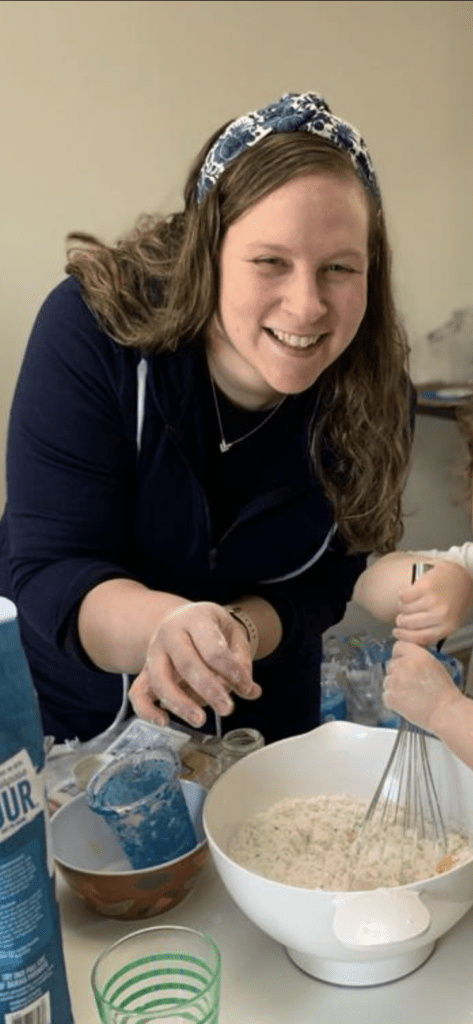
When I created my Instagram account, I realized I started to actively look for the good in each and every day. I wrote the following: “Recently, I have been reflecting on this past year. It has been a personal struggle for me, as it has for many of us. Since the vaccines have come out, I have begun to see change finally occurring with the pandemic! Things that I wasn’t able to do before, I am starting to do again. … Shabbat dinners with friends, getting my nails done, hugging my Zadie. … These are only a select few of the many, many things that today I will be forever grateful for.
“While the pandemic has taken a huge toll on me personally, professionally, emotionally, physically … it has also taught me to forever be grateful for both the little and the big things in life that we often take for granted. And so, with that in mind, I decided to commit myself to being more mindful of the little things I appreciate in my life each and every day … and thus, this account was created to document for myself the things that bring me strength in my life. Things that bring me life, joy, warm my heart, and are good for my neshama (my soul).
“On good days, and even on bad days, I will forever have this (Instagram) account to look back at when I need a pick me up, am seeking comfort, happiness, or reassurance that I am okay … to help me remember I have a wonderful life and I am so, so lucky! Hope this account can be a reminder to others to appreciate the little things in life each and every day! #ModahAni. I am thankful.”
—
Noah is based in the Washington D.C. area. For more from her or to get in touch, you can visit @noahsneshama on Instagram or her personal account, @narber09.




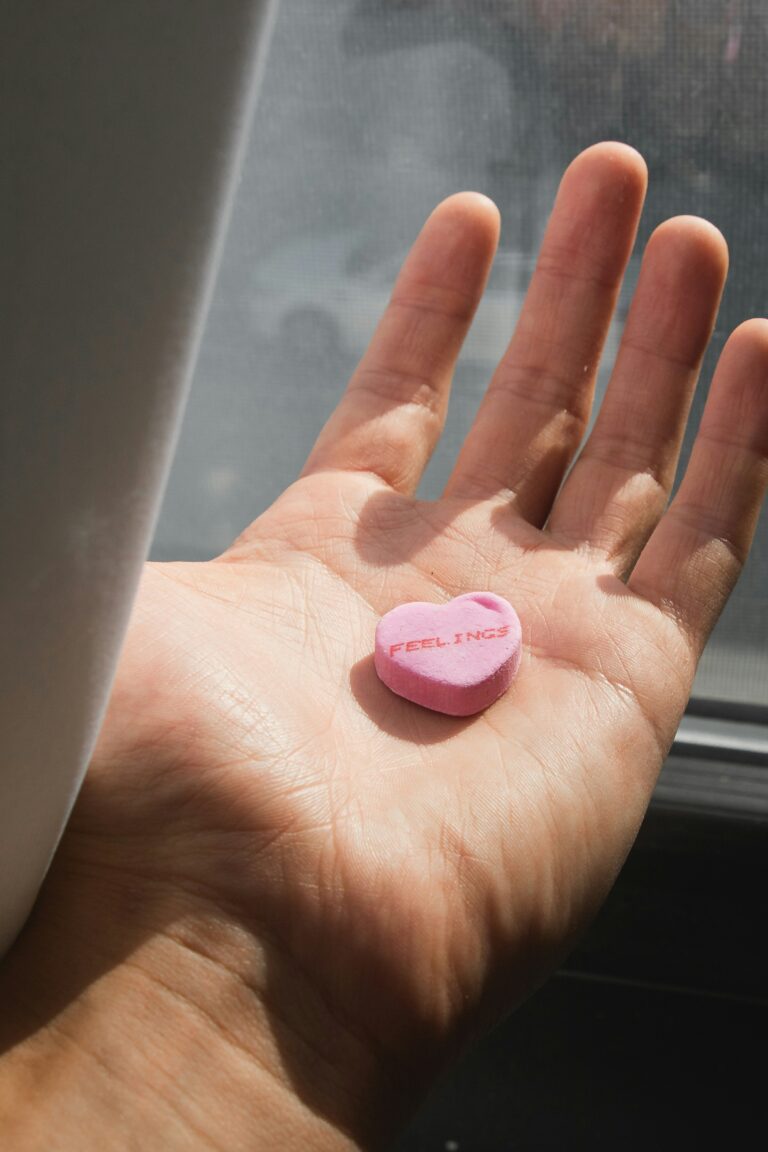
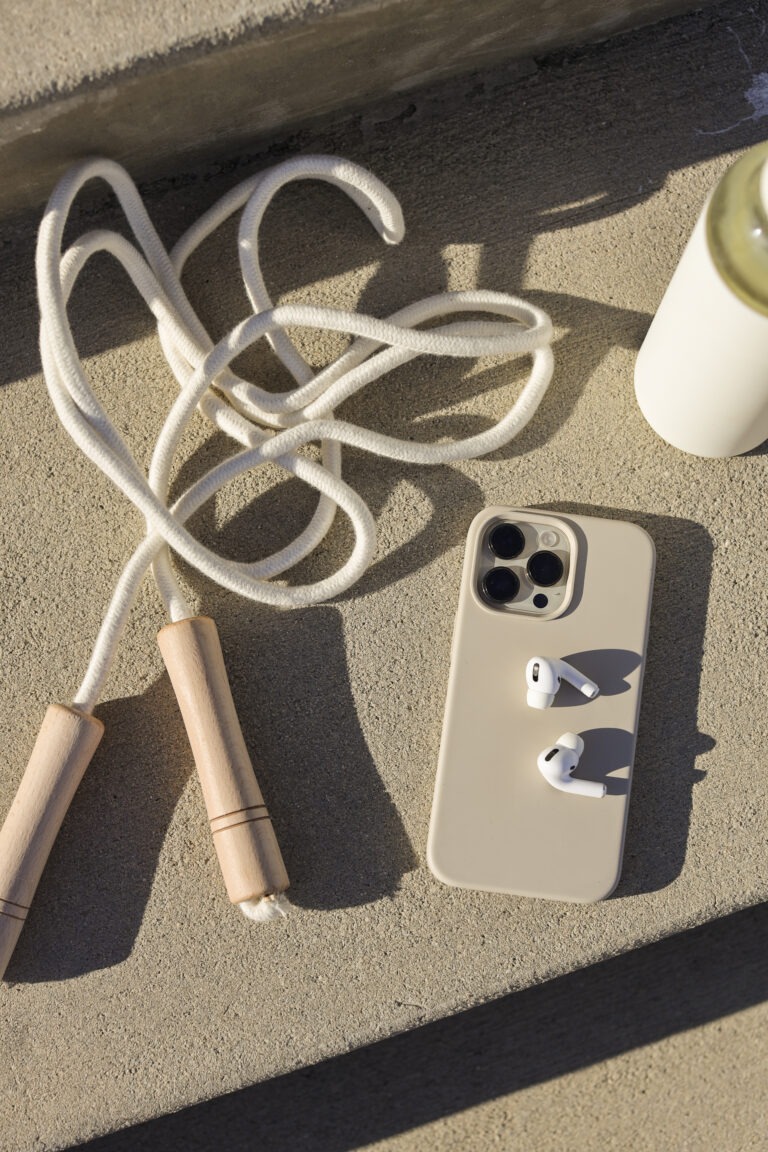
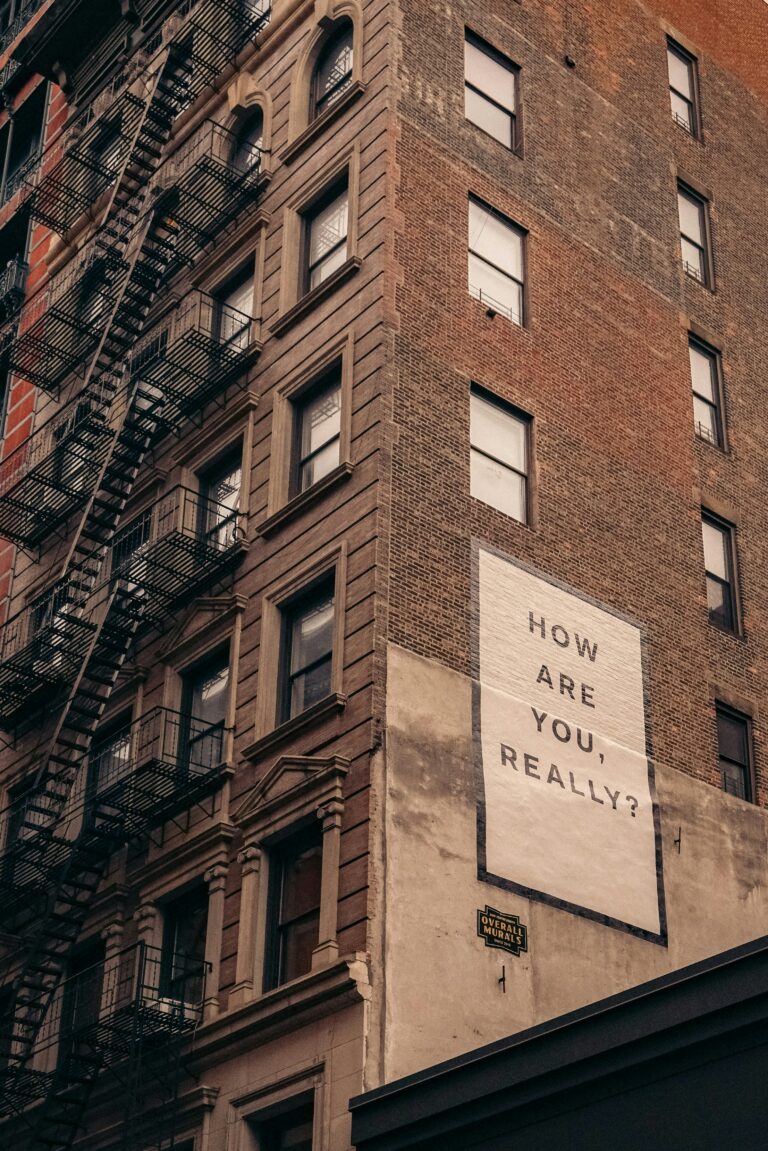
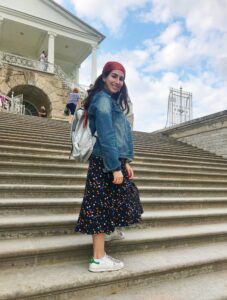
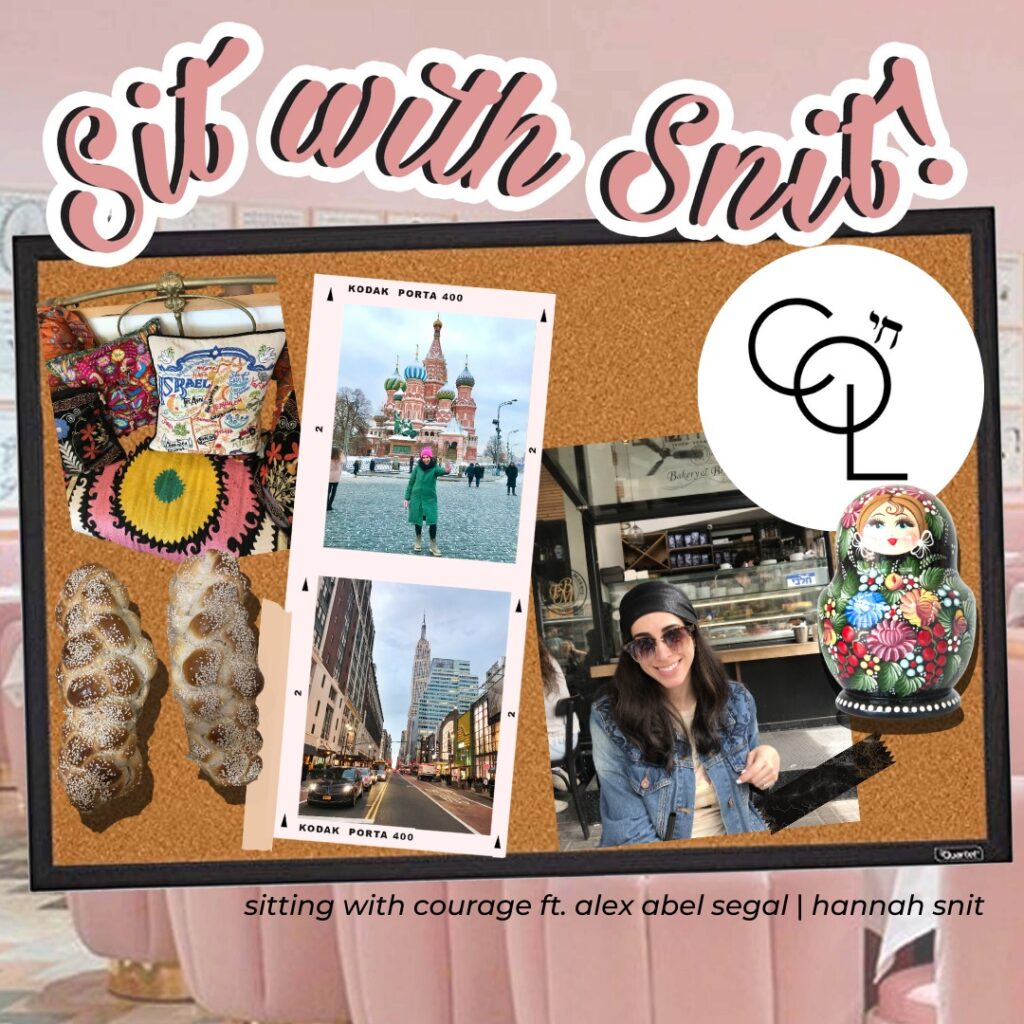
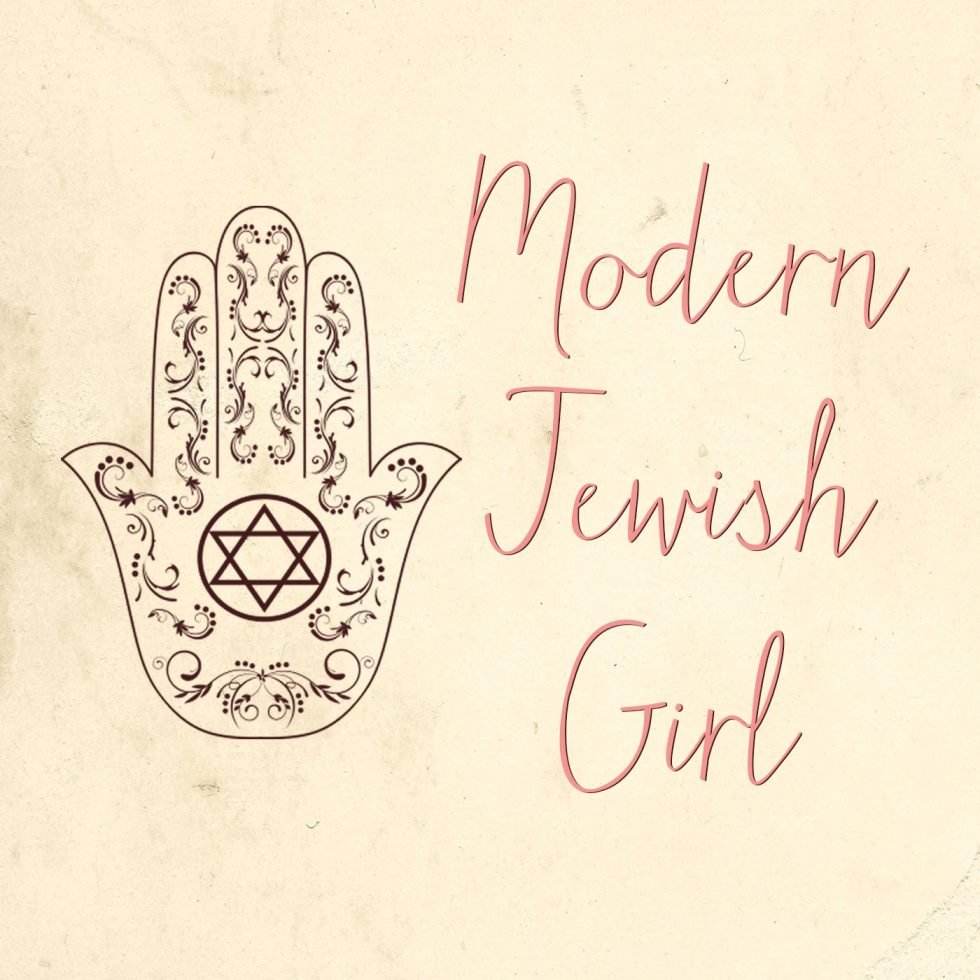
Your article has reached out to many people who go through similar thoughts, including me. I remind myself that I am much stronger than I think I am and so are you. I strive to welcome the things that bring me joy, laughter, and positivity no matter how that challenging that might be some days. YOU bring out the light in others. Never forget that.